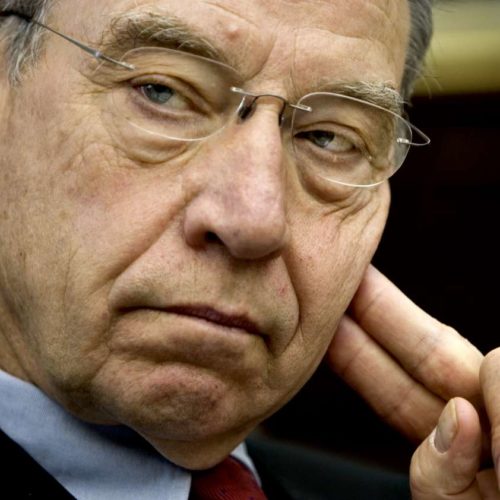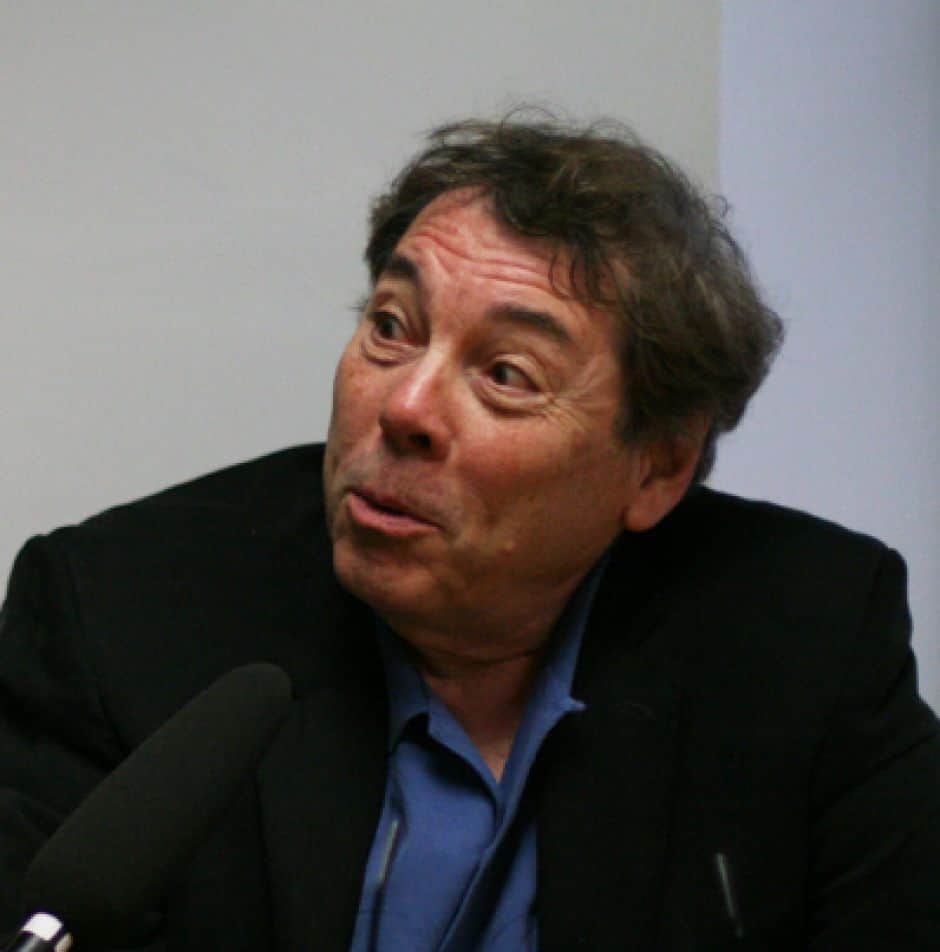Introduction
Escalating a standoff with the Federal Communications Commission, Sen. Charles Grassley said Thursday he would hold up the nominations of two FCC commissioners unless the agency turns over documents about controversial broadband company LightSquared.
The Iowa Republican wants to know, among other things, if campaign contributions to Democrats influenced the decision to grant initial approval to the Virginia company’s wireless plans last January. That approval came despite concerns that LightSquared’s network could disrupt global positioning systems, posing dangers to aircraft, military operations and search and rescue missions.
Grassley has been at odds with the agency since late April over what he calls “stonewalling” of his requests for records supporting the FCC’s decision. He also is seeking records from LightSquared’s principal owner, hedge fund Harbinger Capital which is run by New York financier Philip Falcone.
An earlier iWatch News report detailed numerous email contacts between LightSquared and White House aides. On the day that LightSquared CEO Sanjiv Ahuja made a $30,400 contribution to the Democratic Party, two of his deputies appealed for meetings with top technology advisers to Obama, for instance.
White House officials and the FCC have denied any political influence and have said that the agency would not grant LightSquared final approval to operate until it resolves the problem of interference with GPS systems.
Grassley, in a statement inserted into the Senate record, called the agency’s decision to withhold documents “misguided and unsupportable.”
He said he would hold up the nominations “unless the agency begins to offer more information that will provide transparency into the public business it conducts.” Under Senate rules, a member can indefinitely hold up a nomination.
He said the FCC “continues to stonewall a document request I submitted to the FCC over six months ago on April 27, 2011, regarding their actions related to LightSquared and Harbinger Capital. Since then, I have repeated my request to the FCC through letters I sent on July 5 and Sept.8 and the FCC continues to deny my request for documents.”
A phone call to the FCC seeking comment on Grassley’s remarks was not returned.
“I strongly believe that it is critical for Congress to have access to documents in order to conduct vigorous and independent oversight,” Grassley wrote. “It is unfortunate that this administration, which has pledged to be the most transparent in history, disagrees.”
LightSquared promises to create thousands of jobs and provide broadband wireless service to more than 260 million Americans. But its critics contend that the $14 billion venture could cripple GPS used by millions of people.
Grassley noted that LightSquared representatives had cited political connections and friendships to get an audience with White House staff, including referring to a fundraiser for the president, as reported by iWatch News.
“Political connections don’t necessarily drive policy decisions, but in the absence of transparency at the FCC, it’s impossible to know one way or the other,” Grassley said. “The FCC’s refusal to make documents public continues to give the appearance that there’s something to hide.”
The FCC nominees Grassley said he would hold up are: Jessica Rosenworcel of Connecticut and Ajit Varadaraj Pai of Kansas.
Rep. Darrell Issa, chairman of the House Committee on Oversight and Government Reform, also is scrutinizing LightSquared as part of a broader effort looking at government actions that pick what he called “winners and losers.”
Issa’s investigation taps into mounting criticism in Congress, mostly among Republicans, that many Obama fundraisers and other supporters have enjoyed close ties to his administration. In the runup to his 2008 election, candidate Obama pledged to curb the influence of lobbyists and campaign donors in government.
Read more in Money and Democracy
Money and Democracy
Haley Barbour is cranking up his Crossroads fundraising while winding down governorship
Still Mississippi governor until early January, Haley Barbour has started raising money for Crossroads


Join the conversation
Show Comments